
Additionally, approximately 70% who responded to the EnlivenHealth survey say that one-third or more of their revenue comes from individuals eligible for the government health insurance.

Additionally, approximately 70% who responded to the EnlivenHealth survey say that one-third or more of their revenue comes from individuals eligible for the government health insurance.

As more biosimilars and specialty generics enter the market next year, this could result in a shift in drug spending.
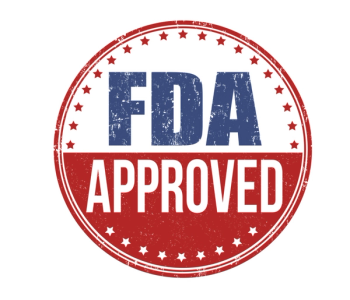
Pemigatinib is the first targeted therapy to gain FDA approval for the treatment of adult patients with relapsed or refractory myeloid/lymphoid neoplasms with FGFR1 rearrangement.

Yoona Kim, PharmD, PhD, co-founder and CEO of Arine, discusses some of the key takeaways from the launch of Mark Cuban's pharmacy Mark Cuban Cost Plus Drug Co.

The FDA has approved glycopyrrolate orally disintegrating tablets (Dartisla ODT; Edenbridge Pharmaceuticals) to reduce symptoms of peptic ulcer as an adjunct to peptic ulcer treatment in adults.

Training and knowledge about appropriate communication with individuals of diverse backgrounds improves adherence, outcomes.

Industry partnerships will be essential to improving access to ketamine, according to expert Kevin Nicholson.

Routine depression screening in the primary care setting lowered screening disparities and increased recognition of symptoms for groups at risk of undertreatment, including racial and ethnic minority individuals and patients of older age.

Risk factors associated with declining health-related quality of life for adult survivors of childhood cancer, such as physical inactivity and chronic health conditions, should be targets of surveillance and intervention.

With the help of pharmacists and a team of health care providers, a better quality of life is possible for patients with Parkinson disease.

A new study suggests that work and private life mental stressors are disrupting sleep in older employees, potentially wreaking havoc on health.

Researchers find that the risk of developing dementia increased by 35% in patients with atrial cardiopathy.

Canakinumab did not meet the primary endpoint of disease-free survival in adult patients with stages II-IIIA and IIIB completely resected non-small cell lung cancer.
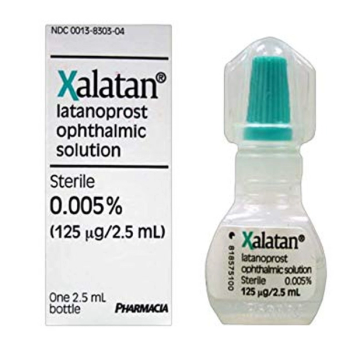
Latanoprost (Xalatan) Sterile Ophthalmic Solution is indicated for the reduction of elevated intraocular pressure in patients with open-angle glaucoma or ocular hypertension.
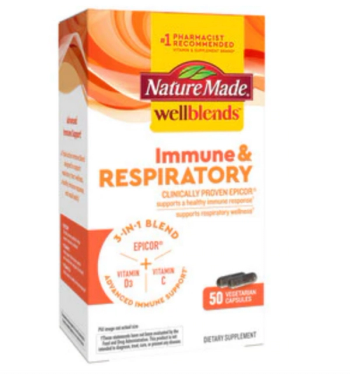
Wellblends Immune & Respiratory is a 3-in-1 blend designed with ingredients to provide advanced immune support.

In a recent survey, researchers identified rising costs, socioeconomic inequity, and drug trends as major concerns for large employers.

Analysis is based on previously reported data collected in March and April 2022, with the FDA granting emergency use authorization for individuals aged 6 months to 4 years on June 17.
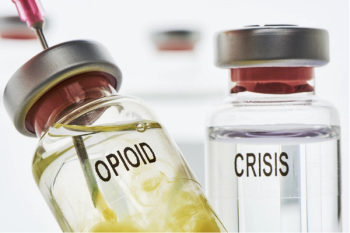
Pharmacists, being one of the most accessible health care professionals, are critical pieces of the opioid tapering program puzzle.

As pharmacists take on new responsibilities, researchers have been studying the effects of pharmacists on interprofessional care teams.

Gene therapies in late-stage development may soon provide hope for a cure.
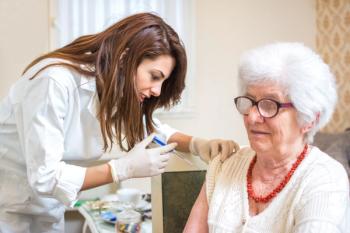
The vaccine candidate is composed of 2 preF proteins selected to optimize protection against the RSV A and B strains.

During the surge caused by the Delta variant, a third dose of the Pfizer-BioNTech COVID-19 vaccine reduced infections and COVID-19-related hospitalizations and deaths among patients in long term care facilities.

Overall rates of early-stage cervical cancer in the United States have been falling, but cases with advanced disease are continuing to rise.

Climatic hazards were implicated for enhancing specific aspects of pathogens, increasing capacity of pathogens to cause more severe illness, and diminishing human capacity to cope with pathogens, such as dengue, hepatitis, pneumonia, malaria, and zika.

With proper knowledge, they can complete self-examinations and be adherent to clinical exams.
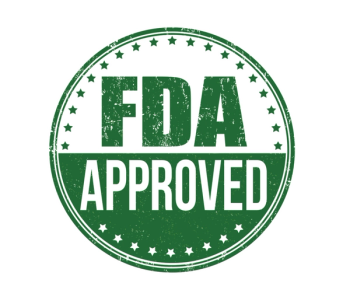
Ibrutinib (Imbruvica) is the first therapy to gain FDA approval for younger patients who had no prior treatment options for chronic graft-versus-host disease.

Zynteglo is an autologous hematopoietic stem cell-based gene therapy indicated for the treatment of adult and pediatric patients with β-thalassemia who require regular red blood cell transfusions.

Protazen is intended to help with mental and mood enhancement.

Early detection of chronic kidney disease is vital to preventing comorbid conditions.

The phase 2 study will evaluate the efficacy and safety of 2 different doses of MK-2060 in patients with ESRD receiving hemodialysis via an arteriovenous graft.